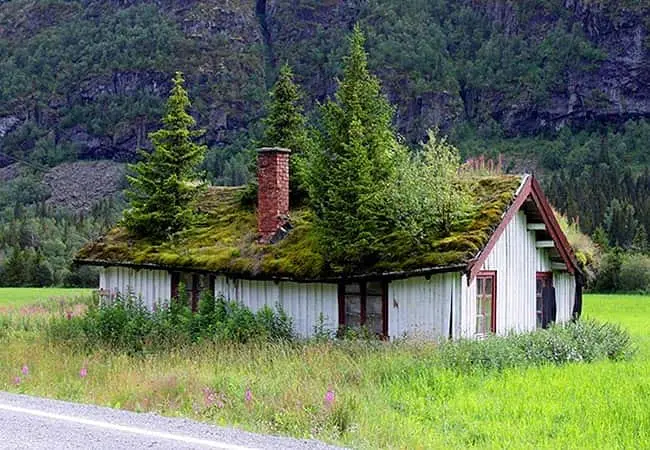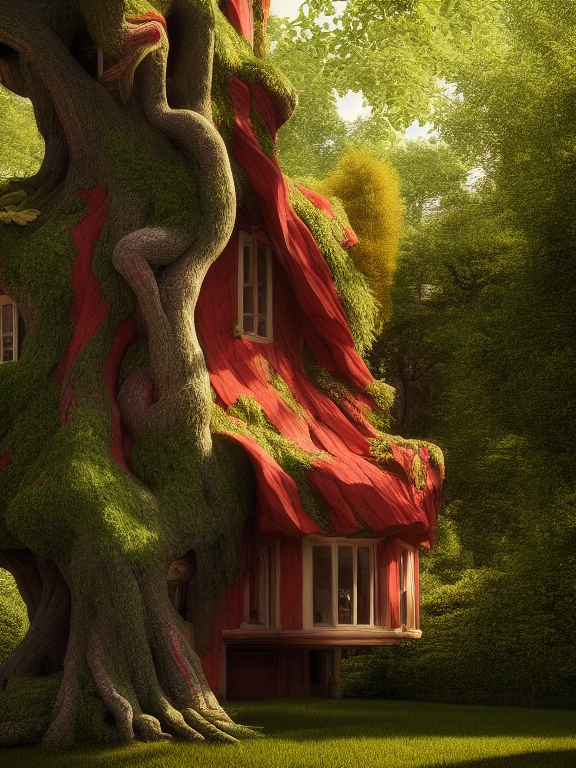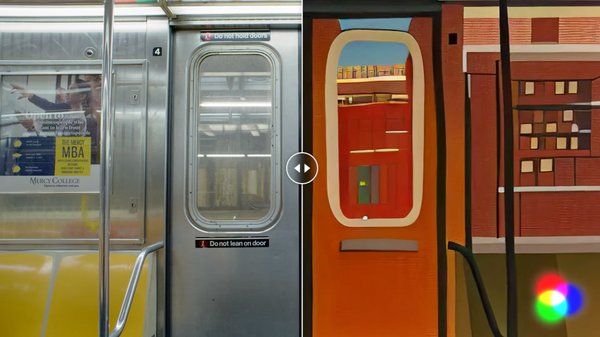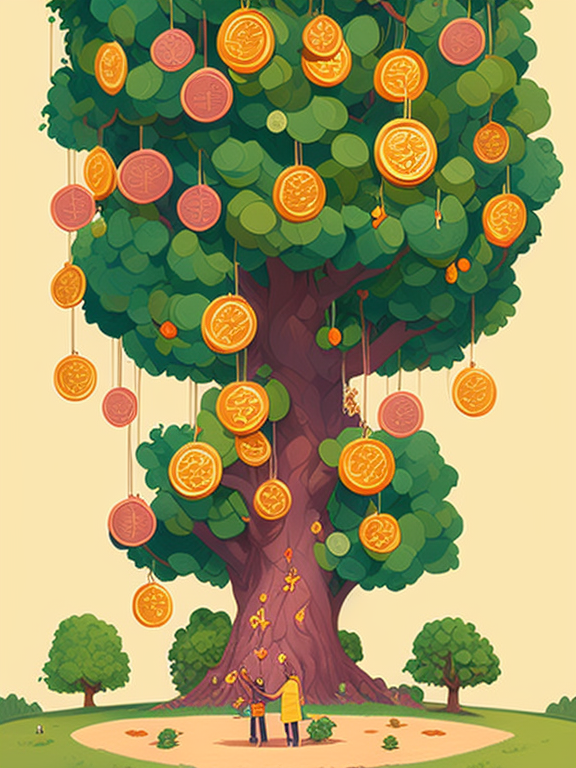For all the discussion happening around individual slices of the web in the web developer community – may it be making web apps more feature rich, streamlined payments, smoother scrolling.. I’m starting to wonder if we need to talk more about the big picture. In this case, the big picture is the web as a product, being used by consumers worldwide. How should using the web feel like? What should the experience be like? What is the web we want?
Without giving it more thought, one might reply with something along the lines of “a powerful, open general platform where everything goes, naturally!”. That’s certainly the idealistic platform vision I share with many, but by itself, this doesn’t translate into a product, or experience that users want.
In order to translate surfing the web into a great product experience, we need a combination of two things:
- Self-control & self-governance of web developers & creators to ensure a smooth, delightful user experience.
- Specialized browsers that have a clear unique selling proposition (USP).
Let’s take a closer look at both.
The wild wild web, where everything goes
The web’s beauty, and ugliness, is that it is an open, “everything goes” playing field. It’s great when it works. The most brilliant web developers and creative minds have created mind blowing stuff on the web. It’s the reason I dedicated my career to it.
But when it doesn’t work out, it creates a highly uneven, frustrating, and sometimes dangerous experience. Take nature: Nature is beautiful. But a tree growing through my roof isn’t. Cities need deforesting & streets to function, and modern societies need basic rules to protect the experience of all people. It’s not one versus the other: Of course I want nature to flourish, and of course I want freedom, but I acknowledge that the experience of modern civilization & society requires a more structured, streamlined approach.

To stay with this sort of analogy, there are still plenty of web aficionados that argue hard that traffic lights can’t tell me what to do, that drunk driving should be a choice, and more generally, that the lack of absolute freedom is limiting creativity and is no good. I respectfully disagree, and so do most of today’s consumers.
The gateway without purpose: A case for specialized browsers
Today’s primary method of accessing the web is via a web browser. A web browser is not a product with a clear value proposition other than being a gateway to the web. That means that in order to understand the app’s value, you must first understand the web’s value. It’s like me giving you a key without telling you what it is for!

Many new consumers coming online for the first time do not know what you know – that the web is a wonderful, open platform with tons of different use-cases. To somebody starting their digital life on a smartphone, every app on the home screen must have a specific purpose. The browser doesn’t.
The walled gardens that flourish because ‘outside’ is a mess
Meanwhile, new, specialized consumer apps with their own closed platforms are succeeding where we don’t. They find a compelling value proposition for users to download them (“Here’s where you find cute cat videos!”, or “Here you find inspirational pics and stories of your friends and celebrities!”), but that’s just half of the story. Creating or developing content or apps in those ecosystems is a highly controlled, limited, but streamlined experience. The only “performance” a creator worries about is their growth performance, as you literally cannot upload slow, unoptimized or cluttered content into these ecosystems.
Tragically, most of the walled garden content ecosystems do not preserve what made the web unique, open, and powerful. There are no links, because links might allow the consumer to ‘break out’. Creators don’t control and own their relationships with their audiences, and are severely limited in how to monetize.
The sad irony is that those fighting for absolute freedom for the web platform are losing the most, and are alienating new generations of consumers. Those consumers are abandoning the wild wild web and are moving to cities that ensure a safe, but monotonous and highly controlled quality of life.
Time for new community gardens and grand, open cities
It doesn’t have to be that way. We can come together and start envisioning, then building a web of the future that works, as a product. What should the web be best at? What does the web look like as the best content app? The best app platform? The best e-commerce experience? What should the overall consumer experience feel like? How can we self-regulate to stop the walled gardens from drinking our milkshakes?

It might be time to think about how to find convergence, that is, a place somewhere between the messy wild forests and the extremely sterile and suffocating walled gardens. The web as a platform to host community gardens, UX-focused spaces that center around open access, but have the right level of regulations and conventions that enable a fantastic experience for everyone.
Personally, I’ve long stopped to advocate for and create frameworks, APIs and developer tools that are disconnected from these questions. My own team and I are, for example, laser focused at ensuring the web is the best content app, both for users, creators & developers. Whatever we create, we do it for this reason.
I’d love to see more folks around the world come up with their own visions for the web, and actively work towards it. Are you one of them? Let me know! Onwards!






